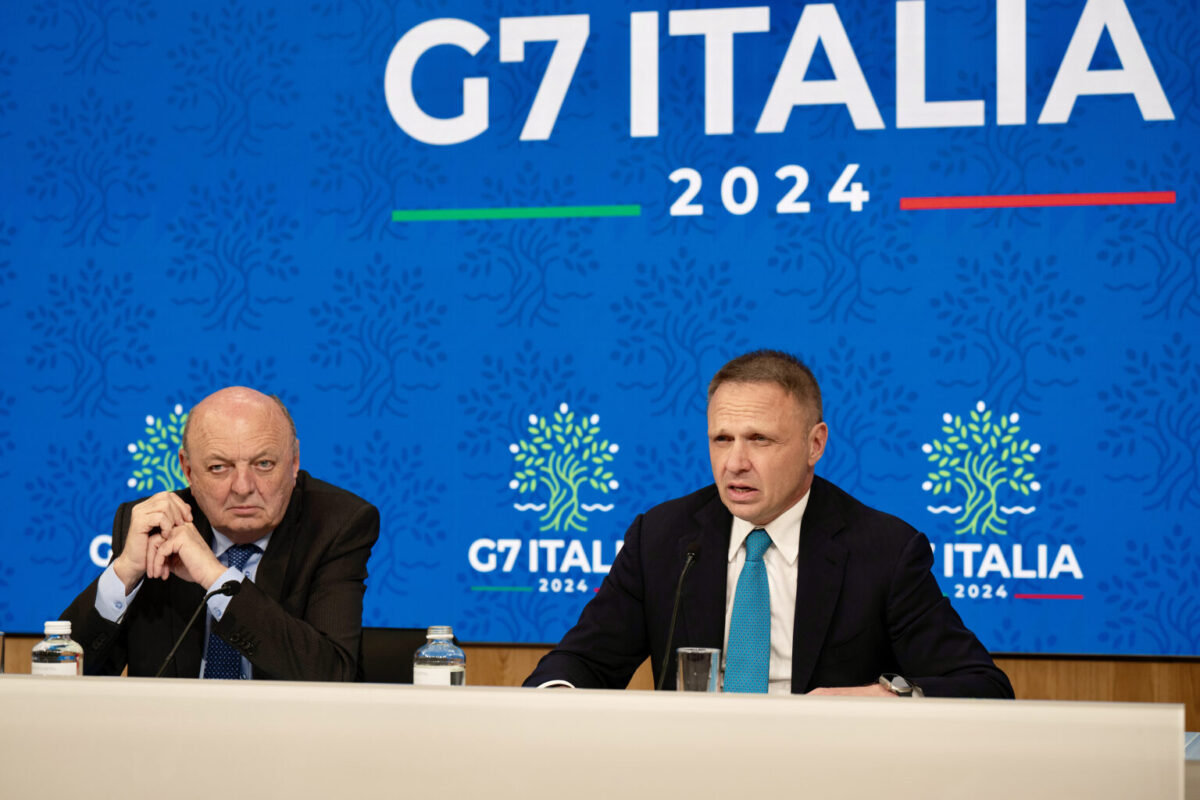
Italy’s Lazio regional tribunal has partially invalidated a May 2024 decree defining suitable zones for ground-mounted renewables, forcing national and regional authorities to rethink the policy framework.
From pv magazine Italy
The Andrea Sticchi Damiani (ASD) law firm said the ruling deemed illegitimate “the failure to provide for a transitional regulation to safeguard the proceedings in progress and the failure to provide for a unitary context of principles and criteria for the exercise by the regions of the power to identify suitable areas.”
In practice, the TAR highlighted the need for uniform regulation across the national territory, according to the firm explained. The decree instead gave regions the responsibility to define which areas were suitable and which were not.
As clarified by the Minister of Energy Gilberto Pichetto Fratin, this ruling essentially partially annuls the decree in question, “saying that unsuitable areas do not exist, the areas that are provided for by law cannot be limited and reduced.”
The ball is therefore back in the court of the regional administrations, required to rework the decree. Andrea Leonforte, partner at law firm Parola Associati, explains.
“This entails the obligation of the regions to adapt the regional laws already approved or the bills under discussion to the modification of the decree by the competent ministries in relation to the criteria on suitable and unsuitable areas and to the introduction of a transitional regime as well as to the decision of the Constitutional Court on the prohibition of art. 5 of the Agriculture Decree,” said Andrea Leonforte, partner at Parola Associati, referring to recent provisions that limited the deployment of large-scale renewables on agricultural land.
Taking into account the technical timeline of a possible appeal against the TAR Lazio rulings and the constitutional review, Leonforte said an emergency legislative intervention is advisable. Pending the outcome of those proceedings, he said such a measure should “order the freezing of the regional legislative process and the full operation of the national transitional regime of areas suitable by law.”
Among the rulings and orders published in the context of the appeals to the Decree “Aree idonee”, the TAR Lazio has also accepted the questions of constitutional legitimacy raised by the appellants against Legislative Decree no. 63/2024, which substantially banned PV from agricultural land. With ruling no. 9157/2025, the TAR defined the questions of constitutional legitimacy raised by the appellant against the Agriculture Decree as “relevant and not manifestly unfounded,” referring the judgment to the Constitutional Court.
“The orders referring the question of legitimacy to the Constitutional Court with reference to the Agriculture Decree, in fact, fully accepted the objections raised by the appellants; in particular, the violation of all the Union legislation favoring renewable energy was criticized, as well as the violation of the national legislation dictated by primary-ranking rules and aimed at the possibility of installing ground-based photovoltaic systems in agricultural areas. The orders also stigmatized the decision not to exclude non-advanced agrivoltaic systems from the ban,” explained to pv magazine Carlo Comandè, a lawyer who, among others, handled the appeals filed by Erg and Iberdrola.
The parties and sources have however suggested exercising caution, underlining that the sentences and orders adopted by the TAR Lazio are many and very different from each other, therefore requiring several re-readings.
The TAR Lazio has also published order no. 9168/2025 with which it stated as a general principle that the regions, in adopting the decree on suitable areas, cannot a priori preclude the construction of production plants from renewable energy sources in the areas identified as “unsuitable.” The TAR therefore referred the Sardinian law that would violate this principle to the Constitutional Court.
As explained by Emilio Sani of Studio Sani Zangrando, the order requested a preventive analysis of the constitutionality of the Sardinia Region law by the Constitutional Court.
“The Constitutional Court’s timing is not very fast. I fear it will take at least nine months,” Sani told pv magazine.
This content is protected by copyright and may not be reused. If you want to cooperate with us and would like to reuse some of our content, please contact: editors@pv-magazine.com.
Source link


